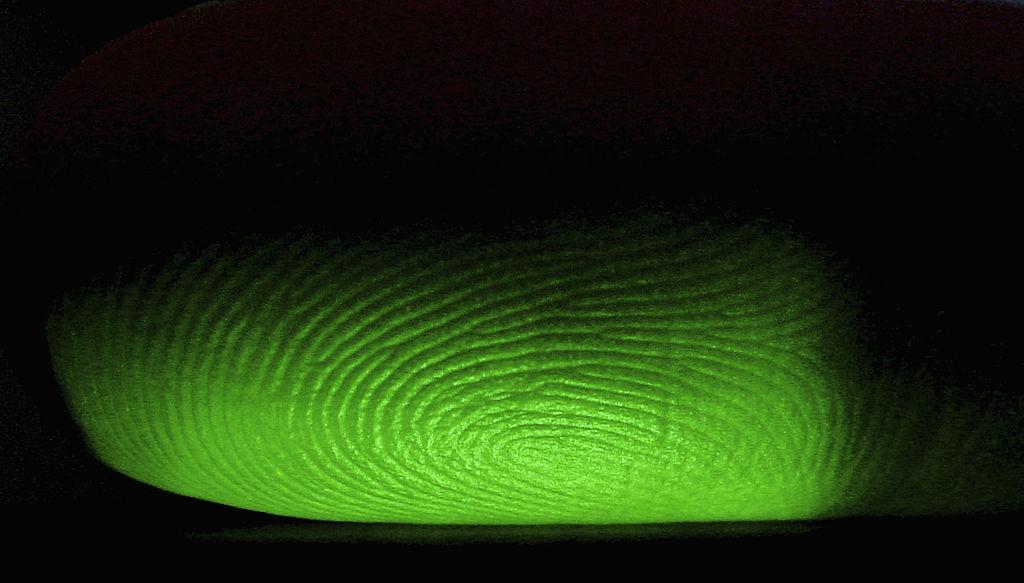Australia’s largest bank has backed the Albanese Labor government’s proposed Digital ID legislation but says the system must remain voluntary for Australians’ use.
In a submission to a parliamentary inquiry, the Commonwealth Bank of Australia (CBA) outlined its views on the proposal, saying that there are five principles the Albanese government needs to adhere to if the digital ID system is to become “robust” and “interoperable.”





